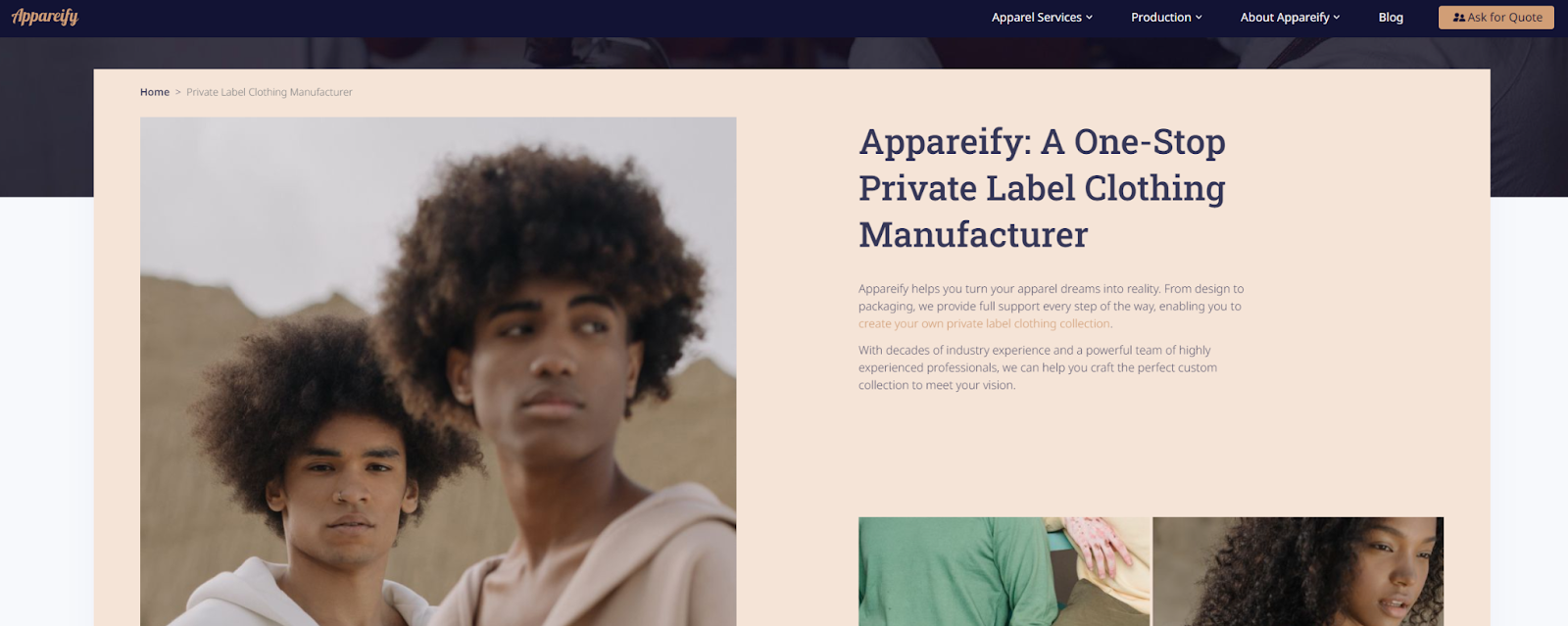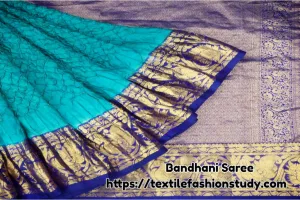Table of Contents
Private Label Apparel Manufacturing
Private label manufacturing is a popular word in the clothing industry. The private label apparel manufacturing is also called private-label attire fabricating. The practice of private label apparel manufacturing is increasing day by day. So, it needs to know about the benefits and challenges associated with private label clothing manufacturing. If the clothing business can understand the private label manufacturing aspects they can make decisions about whether to pursue this manufacturing option. Here I will try to briefly discuss about the benefits, challenges, and their application area for better understanding.

Benefits of Private Label Apparel Manufacturing
There are different benefits of private label apparel manufacturing. A clothing manufacturer for private labeling offers different benefits to clothing businesses. They are-
- Firstly, private label fabricating offers enhanced control over branding and quality of the product. Moreover, companies can ensure that their clothing brand image is represented and maintained accurately by manufacturing their own products. This control extends to the quality of materials and workmanship. It also allow the businesses to produce garments that meet their standards.
- Another benefit of private label clothing manufacturing is the flexibility. However, it offers in garment design and customization options. Companies can tailore to their target market’s preferences by producing the unique apparel designs. The private label manufacturing has customization capability that allows businesses to differentiate themselves from rivals and create a loyal customer base.
- Competitive estimating and benefit edges are eminent preferences of private-label attire fabricating. Companies can diminish costs and offer competitive costs to buyers by disposing of the require to work with middle people. Besides, clothing businesses have the opportunity to maximize their benefit edges since they have lots of control over estimating and generating strategies.
- The crucial benefit of private label apparel manufacturing is faster time to market and reduced lead times. In this case, businesses can streamline operations and eliminate delays associated with coordination across multiple parties when they have direct control over the manufacturing process. This characteristics of private label gives opportunities to the companies to bring their products in the market quicker than their competitors and stay ahead of the competition.
- Additional advantages of private label garment manufacturing is enhancing supply chain management and inventory control. Clothing manufacturer gains better visibility and control over their supply chain when businesses manufacture their apparel. This allows several benefits such as improved planning, efficient inventory management, and minimized stockouts or overstock situations. Ultimately, this is a more agile and responsive business operation.
Challenges of Private Label Apparel Manufacturing

Although Private label apparel manufacturing offer various benefits but it has several challenges. The major challenges for private label clothing manufacturing are given below:
- The first challenge of private label manufacturing is the beginning venture and generation costs included. The challenges included several factors such as setting up production offices, obtaining equipments, and enlisting gifted labor can require critical capital. Moreover, to overcome this challenge the businesses needs to budget and arrange their funds carefully to guarantee a fruitful manufacturing operation.
- The second challenge of private label garment manufacturing is finding reliable manufacturing partners and suppliers. Identically, it is require to ensure that the partners can meet production requirements, on time delivery, and maintain consistent quality. To overcome this challenge, the business require to do extensive research and due diligence to establish partnerships that align with the business’s values and goals.
- Third challenge of private label apparel manufacturing is maintaining consistent quality standards. Companies must implement strict quality control measures throughout the clothing manufacturing process. It will ensure that every apparel meets the required quality specifications. On the other hand, if the product quality does not meet the customer desire it will increase customer dissatisfaction and harm the brands reputation. So, it need to be careful about the product quality.
- Another challenge is to customization balance with economies of scale. If the manufacturer customize their product for specific customer that will increase the production cost. So, the producer needs to give attention about the customized products. However, it is difficult to achieve the economics of scale if each product need unique features or designs. In sum, to sustain the business, it need to make balance between customization and cost optimization for long term sustainability.
- Another important challenge of private label clothing manufacturing is to addressing potential conflicts with original equipment manufacturers (OEMs). So, it needs to be cautious when partnering with OEMs to avoid possible conflicts of interest. To overcome this obstacle, there should be a clear agreements and contracts in place to protect both parties’ interests. I hope this step will eliminate potential disputes that can disrupt the manufacturing process.
Best Practices for Private Label Apparel Manufacturing
There are several case study or practices that can help to maximize the potential for success in private label apparel manufacturing. The businesses should consider the following best practices:
- The business needs select their manufacturing partner thorough research and due diligence before selecting. They can evaluate their capabilities, reputation, and commitment to quality to ensure a seamless working relationship.
- Communication is the vital medium in business. It needs to establish clear communication channels and maintain a strong relationship with suppliers. The communication makes it easy to better understanding other problems and take steps to minimize the problem.
- To get a quality product, the manufacturer needs to implement rigorous quality control measures throughout the production process. It is required to ensure inspections at each stage to confirm that garments meet the desired standards.
- The manufacturer needs to focus on brand differentiation and innovation to stay competitive in the market. Different initiatives like unique designs, sustainable materials, or technological advancements give opportunities to differentiate the brand from other competitors.
- The producer should focus on continuous monitoring and needs to adapt to changing consumer preferences and trends. The manufacturer needs to understand the customer demand and design their product dynamically to meet the market demand.
In sum, above are the major practices of private label apparel manufacturing strategy.
Conclusion
Private label apparel manufacturing offers numerous benefits, including increased control over branding, flexible design options, competitive pricing, faster time to market, and enhanced supply chain management. However, it also presents challenges such as initial investment costs, finding reliable partners, balancing customization with economies of scale, managing quality control, and addressing potential conflicts with OEMs.
Business can take advantages by private label apparel manufacturing strategies. They can study about the successful case study and implement the best practices to overcome the challenges. The manufacturer can get success by partnering with a business who has trustworthiness. Private label manufacturing can be a strategic opportunity for companies in the fashion industry through proper planning, execution, and adherence to industry standards.
References:
- Private Label Strategy: How to Meet the Store Brand Challenge-by Nirmalya Kumar and Jan-Benedict E.M. Steenkamp
- Fashion Supply Chain Management: Industry and Business Analysis- by Tsan-Ming Choi
- Fashion Logistics: Insights into the Fashion Retail Supply Chain- by John Fernie and David Grant






1 comment
BD Wear
An excellent information provided thanks for all the information. I’m so glad for all the information.